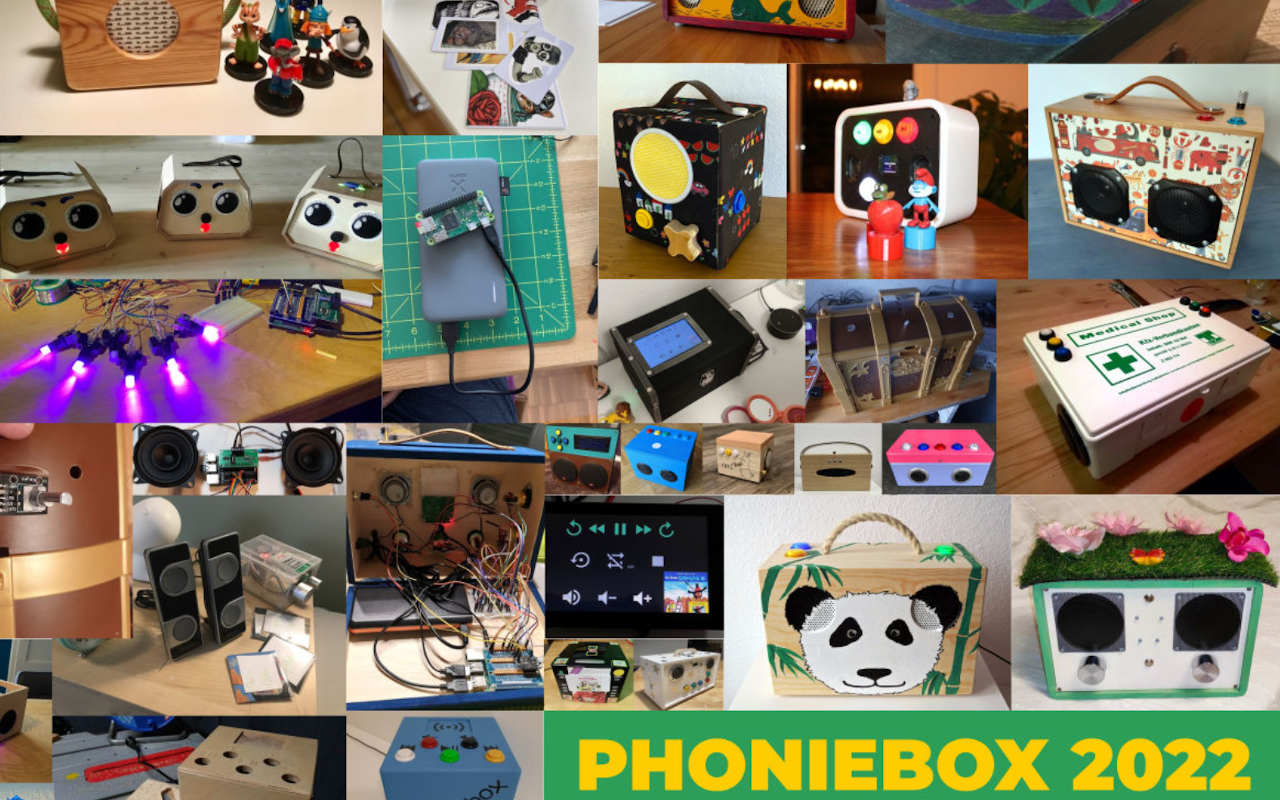
Electric vehicles are parked for recharging at a Reuse ESS made with end-of-life batteries at LG Energy Solution's (LGES) Ochang Energy Plant in Cheongju, North Chungcheong Province. Courtesy of LGES LG Energy Solution (LGES) has been looking for new business opportunities in the market for reuse and recycling of batteries. The company said Thursday that it has been striving to build a closed loop of battery resources for a sustainable future.
With the rapid growth of the electric vehicle (EV) market, how to deal with end-of-life batteries has become a critical environmental and economic issue. LGES has developed various business models and technologies related to collection, reuse and recycling of end-of-life batteries. One example is the reuse of EV batteries.

After collecting reusable batteries from EVs that have reached the end of their service life, the company has checked their condition and sold them for appropriate applications. With those batteries, LGES is running Reuse ESS, an EV charging station made with end-of-life batteries at its Ochang Energy Plant in Cheongju, North Chungcheong Province. This energy storage system (ESS) was made with batteries from electric taxis that have traveled over 100,000 kilometers.
When paired with a 100-kilowatt charger, the system needs only an hour to fully charge a pure EV, such as a GM Bolt, giving the car enough power to travel up to 300 kilometers. On top of the system, LGES has been trying to make all its facilities landfill-free. Its Nanjing plant in China, for example, was certified by Underwriters Laboratories with the highest designation of Platinum, proving a landfill diversion rate of 100 percent.
The Ochang Energy Plant was also certified with the designation of Gold, proving a landfill diversion rate of over 90 percent. The company’s manufacturing site in the U.S.
state of Michigan was certified by the National Sanitation Foundation assuring that less than 1 percent of waste is going to landfills. “By establishing a closed-loop system, we will create a sustainable future and deliver greater value to our customers,” an LGES official said. (Advertorial).













